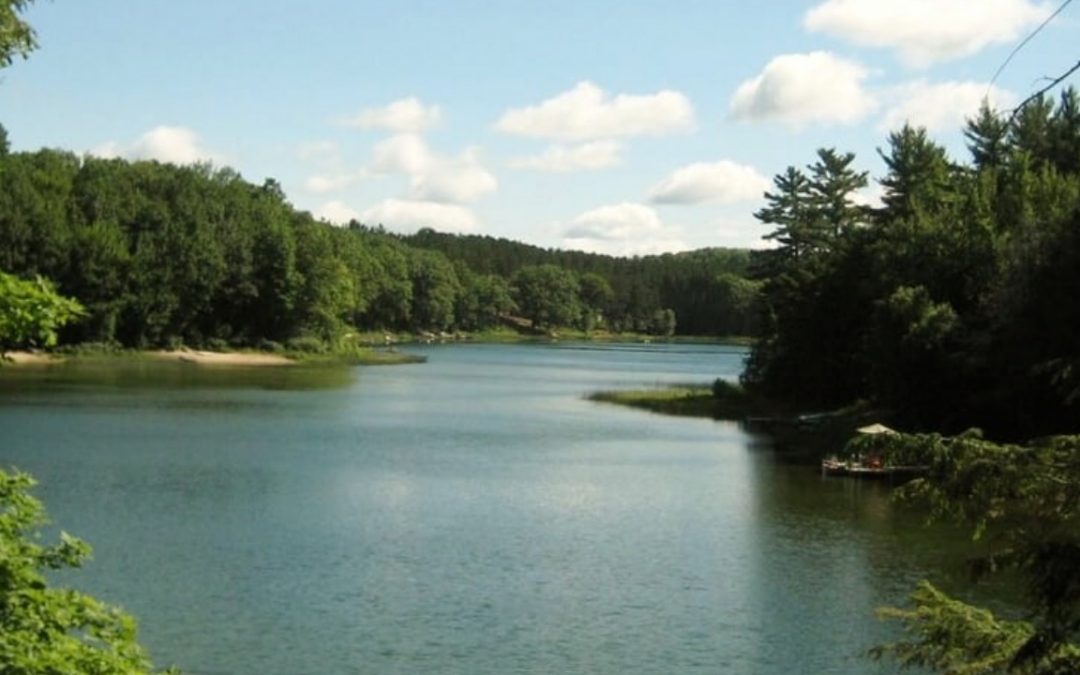The $tudy, $tudy, $tudy Trap
There’s no doubt that lake-data is important. Unfortunately, it is not uncommon for consulting firms to charge $10,000 or more to develop a lake management report. The fact is that the bulk of the information in a typical 100+ page report is historical information on the formation of your lake which includes boilerplate material that can usually be obtained for free with a handful of Google Searches.
The myth that exhaustive and expensive lake studies produced by experts are necessary to restore your lake is just not true. The critical data on dissolved oxygen; nutrient levels and sources; and sediment composition can be obtained for a few thousand dollars in lab tests. Often, it may be even be possible to work with a local university or college to do the testing, data analysis, and report development for little to no cost to the lake community.
The negative impact of the “$tudy, $tudy, $tudy” trap is that tremendous economic resources are used to develop a “glossy report” instead of invested in actually improving the condition of the lake. Worse, at least in our eyes, is that when it comes to actual management/restoration recommendations, these expensive reports typically advocate conventional “symptom-treatment” management strategies that don’t solve the problem of nutrient overloading and are prohibitively expensive short-term fixes.
Here are two examples of the $tudy, $tudy, $tudy myth.
- On an 8 acre Midwest Lake – $45,000 was spent on a study to conclude that the lake was impaired by nutrient overloading. The report recommended spending $1 million on a dredging project.
- On a 1000 acre Midwest Lake – more than $200,000 was spent on a study that concluded their lake was nutrient overloaded. This study recommended a $25 million dredging project.
These are just two of hundreds of examples of excessive fees paid for “advice” that had little actionable value for the lake community.
Knowledge is Power!
Take the time to get educated about lake problems, their causes and the potential solutions. That’s the first step in taking control of the future of your lake.
Data that leads to action is what counts – not thick reports that sit on a shelf. Lake Savers is committed to partnering with Lake Communities in a way that satisfies the need for data and analysis without busting the budget. Paying a consulting firm $10,000 or more for the same information they provided to ten other lakes only benefits the consulting firm. We would rather that money go toward improving your lake.
